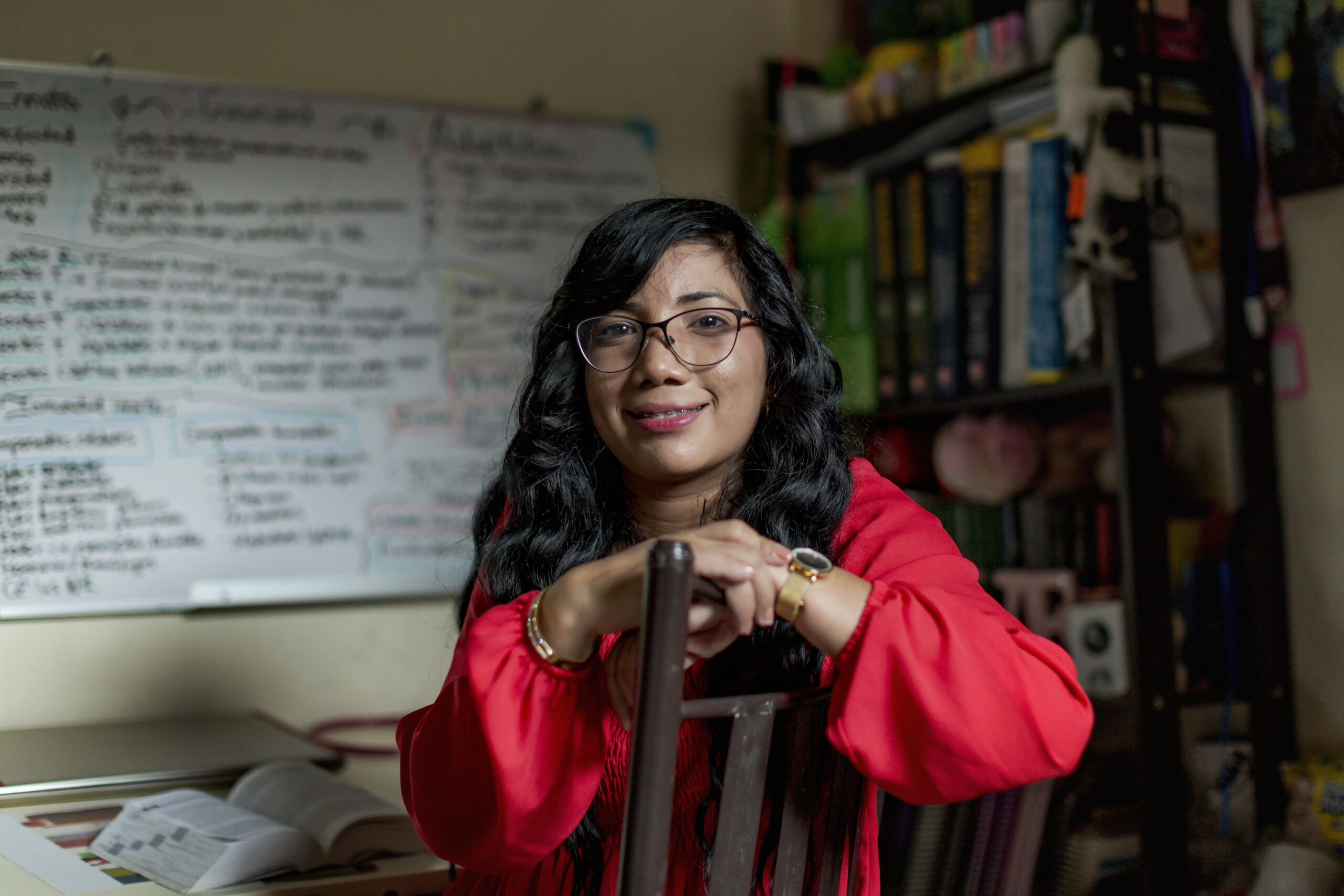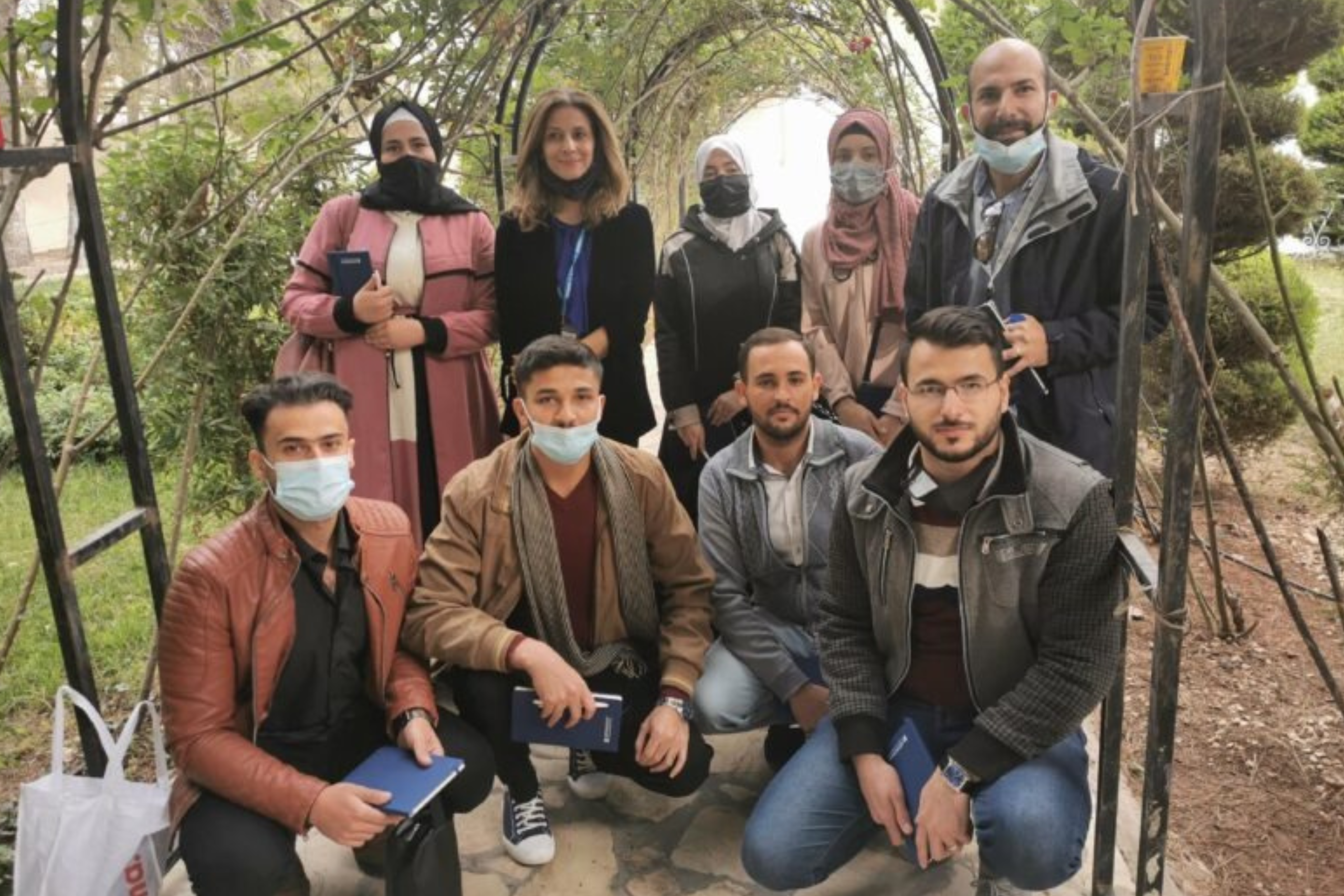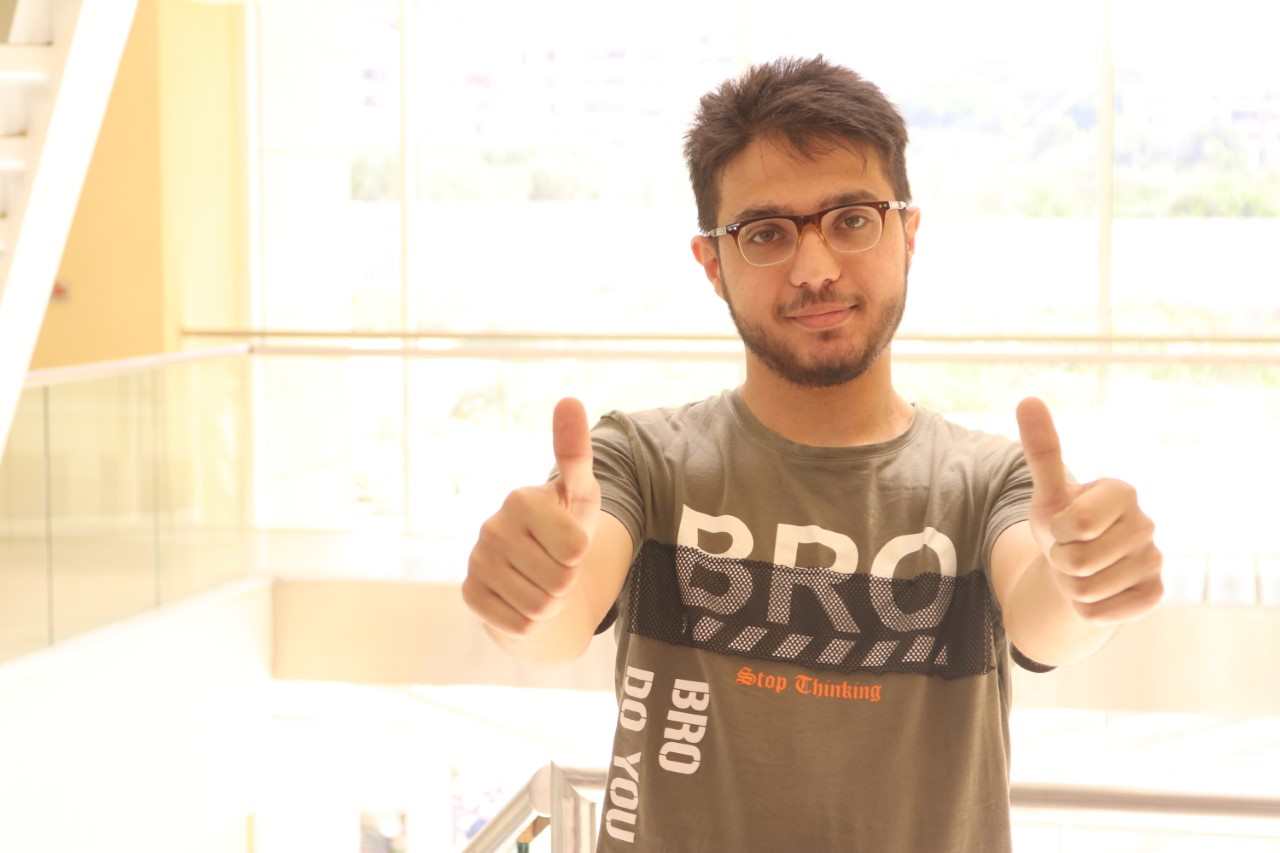Education
Education plays a vital role for displaced children, providing stability and the opportunity to build better lives with their communities.
Photo: ©UNHCR/Nigeria
Education is not just a fundamental human right; it is also a powerful tool for empowerment and a pathway to a better future. However, millions of refugee children and youth under UNHCR’s protection lack access to education – a pressing issue that requires urgent attention.
Here’s how UNHCR is taking action:
Primary and youth education
Tertiary education
Advocacy and policy
Why is education crucial for refugees?
For young refugees forced to flee their homes, the decision to leave often means putting their education on hold. The upheaval caused by conflict, persecution or natural disasters disrupts their lives, uprooting them from their schools and interrupting the familiar routines of learning.
UNHCR is dedicated to supporting displaced students because it recognises that education is a fundamental right for all individuals. This commitment not only empowers them with knowledge and skills but also serves as a shield, safeguarding refugee children and youth from forced recruitment into armed groups, child labour, sexual exploitation and child marriage.
Today, millions of displaced school-age children face limited or no access to education.
But UNHCR’s work is changing lives. Currently, 7% of refugees have access to higher education compared to only 1% in 2019. However, UNHCR aims even higher for the future. By 2030, UNHCR’s goal is that 15 per cent of young refugees are enrolled in higher education, granting them better opportunities and paving the way for a brighter and more promising future.
What barriers stop young refugees from accessing quality education?
Opportunity Costs: This arises when families enrol children in school, particularly girls, as they may need to forgo unpaid care work, such as collecting wood, fuel and taking care of relatives. This decision can be challenging, and families may also miss out on potential marriage dowry payments for their daughters.
Lack of Access to Schools: In under-resourced regions, refugee children simply may not have a school to go to. Existing schools may be overcrowded and lacking in basic facilities, making it challenging for refugee children to find adequate educational opportunities.
Unprepared Teachers: Teachers in refugee schools often face extremely challenging classrooms. They may be under-trained and ill-equipped to handle the unique challenges refugee students bring, including language barriers, missed schooling, financial difficulties, lack of family support and trauma.
What is UNHCR doing to help forcibly displaced students?
UNHCR is also committed to supporting displaced students across various age groups through various initiatives such as “Educate A Child,” “Primary Impact” and the “DAFI Scholarship Programme.”
These initiatives play a vital role in ensuring that educational opportunities reach those in need, empowering them to build a brighter future despite the challenges they face.
What are the main initiatives in place to support refugee students?
There are two main initiatives; “Primary Impact” and the “DAFI Scholarship Programme.”
- Primary Impact: The “Primary Impact” initiative builds on the successful “Educate A Child” program (EAC), which has positively impacted 1.46 million refugee children across 16 countries. Due to the increasing number of forcibly displaced people, the need for education opportunities has grown. In response, UNHCR launched a four-year “Primary Impact” initiative to enrol 131,013 formerly out-of-school refugee children in education programs within 16 countries across Asia, Africa and the Middle East which were not covered by the earlier “Educate A Child” programme.
- DAFI Tertiary Scholarship Programme: The DAFI (Albert Einstein German Academic Refugee Initiative) scholarship programme offers qualified refugee and returnee students the chance to pursue an undergraduate degree in their host country or home country. The programme provides comprehensive support, covering tuition fees, study materials, food and transportation. Additionally, students receive language classes, mentoring, and psychosocial support to enhance their educational experience and overall well-being.
In 2021, the DAFI scholarship programme enrolled 8,307 young refugees (41% female) from 53 different countries of origin in 55 countries worldwide.
What’s UNHCR’s 15by30 Roadmap?
UNHCR’s Role in Refugee Education vis-à-vis other United Nations Actors
How can I help?
- Learn more about young refugees’ stories: By delving into the journeys of young refugees with education, you can better understand the challenges they face and the impact of education on their lives. This knowledge will enable you to advocate for their rights and contribute to positive change. To learn more about their journeys, please visit this link.
- Teaching about Refugees: Explore UNHCR’s collection of teaching materials specifically designed for both primary and secondary education. This collection helps to provide educators with essential tools to effectively teach their students about refugees, asylum, and migration. To learn more about this, please visit this link.
- Become a partner: Education stands as a pivotal cornerstone in unlocking the full potential of young refugees. Thanks to generous donations from the private sector, we are able to support young refugee men and women to thrive, pursue their dreams and have a brighter future. To learn more about how you can contribute to life-transforming change through the invaluable gift of education, we invite you to explore our corporate and philanthropic partnerships.
- Support UK for UNHCR: Your generous donation to UK for UNHCR will have a significant impact on the future of young refugees whose education has been disrupted. Your contribution will provide access to quality education and empower refugees to build a better future for themselves and their communities.
Together, we can make a meaningful impact and bring hope to the lives of those in need.
Learn more about supporting refugee students in continuing their education
From Venezuela to Mexico: A journey of determination and hope in pursuit of education
Stephanny, a DAFI student from Venezuela, speaks about her journey of determination and hope to pursue her medical education in Mexico.
Hikma: Unlocking opportunities through education for a brighter future for refugees
Hikma Pharmaceuticals has been supporting refugee students through UNHCR’s DAFI Programme, a scholarship programme that offers refugees the possibility to earn an undergraduate degree in their country of asylum or home country.




